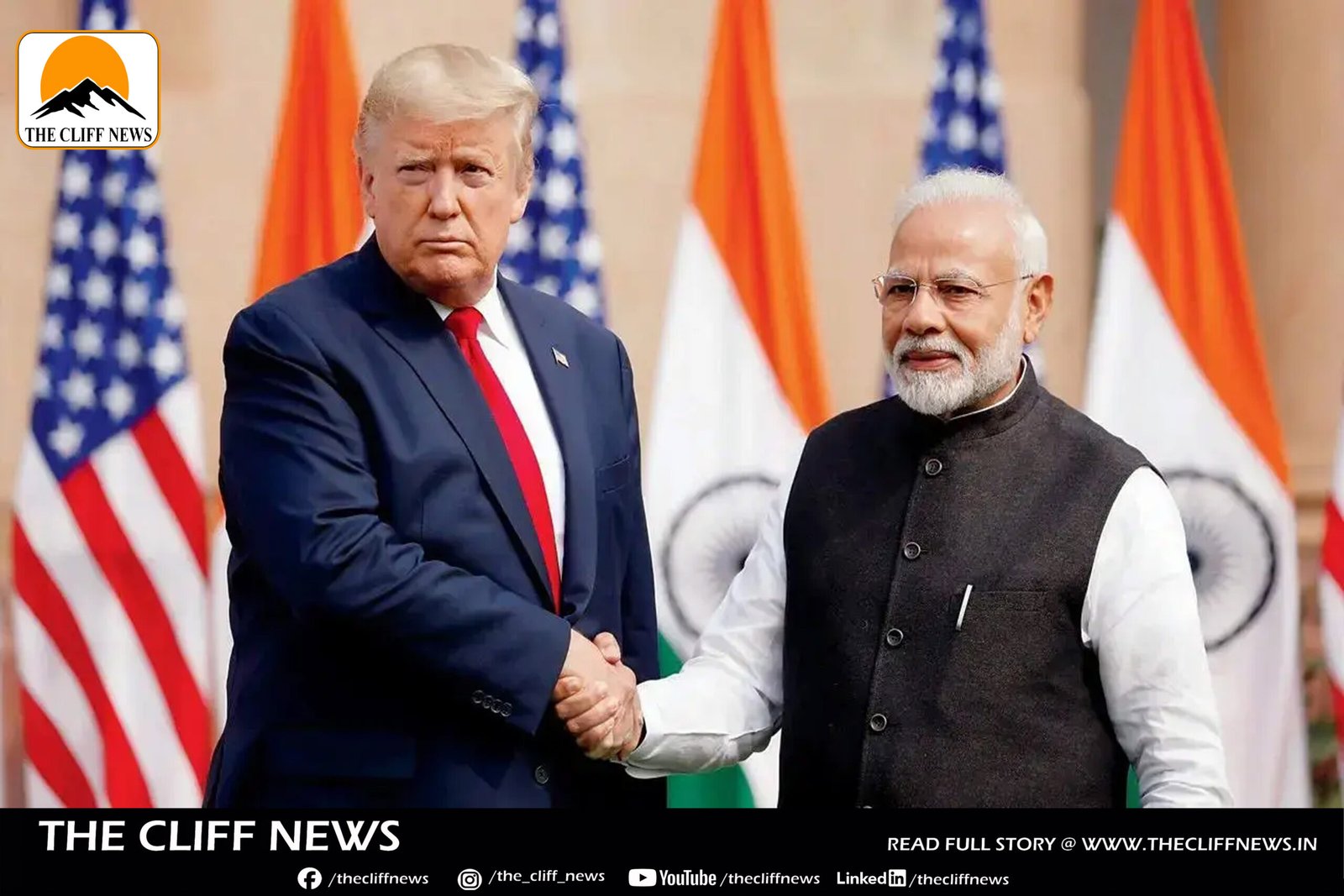Prime Minister Narendra Modi wasted no time in appreciating and reciprocating US President Donald Trump’s recent “positive assessment” of bilateral ties, suggesting this could be the moment both sides seize to reverse the tide of negativity that has clouded relations in recent years. Ties between the two countries, which had reached historic highs over the past two decades, had sharply deteriorated under Trump’s leadership.
Shortly after Modi’s response, external affairs minister S. Jaishankar reinforced the message, noting that the Prime Minister attaches “enormous importance” to the partnership with the US and has always shared a “very good personal equation” with Trump. “But the point is that we remain engaged with the US, and at this time, I can’t say more than that. But that’s really what I would say,” Jaishankar added. The minister will travel to New York later this month to attend the 80th UN General Assembly (UNGA). He is also scheduled to join the BRICS online summit, where member nations are expected to take a united stand against Trump’s tariff policies.
The latest development has opened the door for a possible phone call between Modi and Trump, though diplomatic sources have not confirmed any such plan. While a bilateral meeting on the sidelines of the UNGA could have helped reaffirm Trump’s commitment to the partnership, the Assembly’s latest list of speakers indicates Jaishankar—not Modi—will lead the Indian delegation. India had initially reserved September 26 for the Prime Minister to address the UNGA but has since revised the plan to a minister-level statement. However, the PM could still change his mind as the list remains provisional.
India, for its part, hopes Trump will stand by his latest conciliatory remarks, unlike his inconsistent stance on the India-Pakistan ceasefire, where he first claimed to have brokered peace and then retracted his statement. Despite speculation of a foreign policy shift following the recent SCO summit, the Ministry of External Affairs has reiterated that India continues to value its strategic partnership with the US, which it wants to strengthen on the basis of shared interests and mutual respect.
Still, New Delhi remains cautious. Trump’s administration has frequently criticized India on trade and other issues, making the country a convenient target for his MAGA support base. Additionally, concerns remain about Trump’s overtures to China, his immigration overhaul that threatens Indian IT workers, his approach to Russia, and his unpredictable statements about Pakistan.
In what appears to be an overnight shift, both Trump and Modi have now attempted to calm the firestorm that has unsettled India-US relations, with Trump moving quickly from declaring India had been “lost to China” to assuring there was “nothing to worry about” in bilateral ties.



